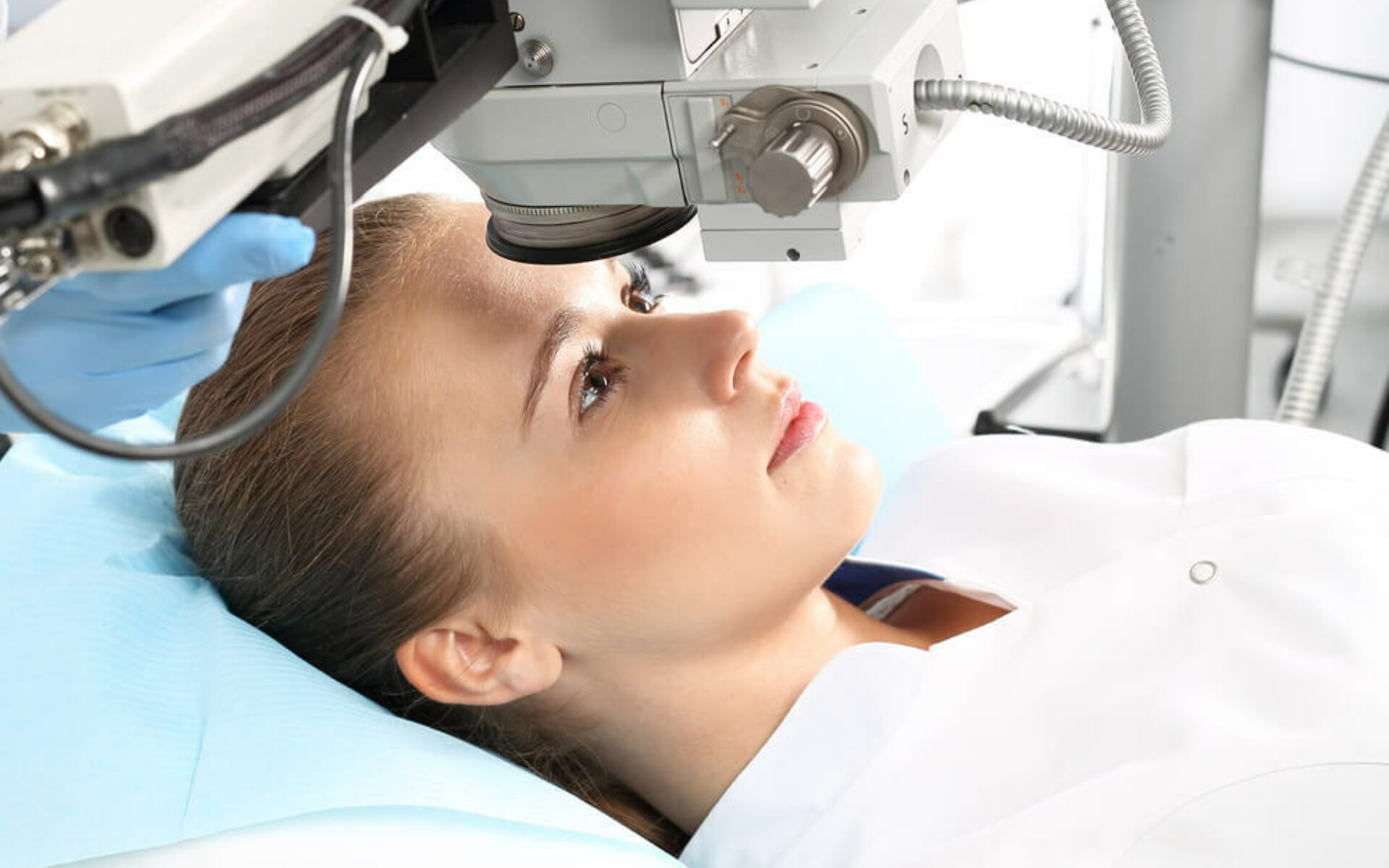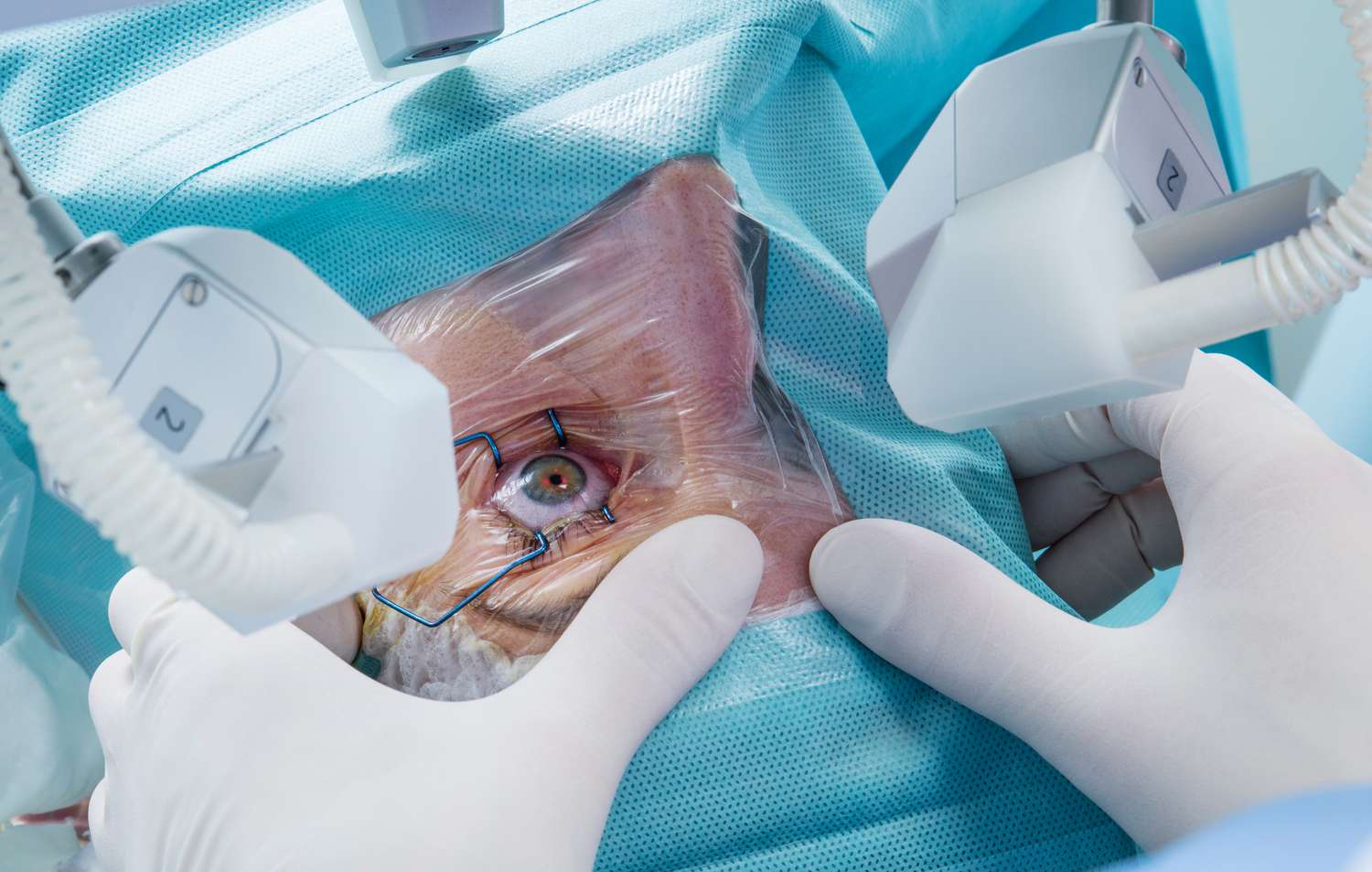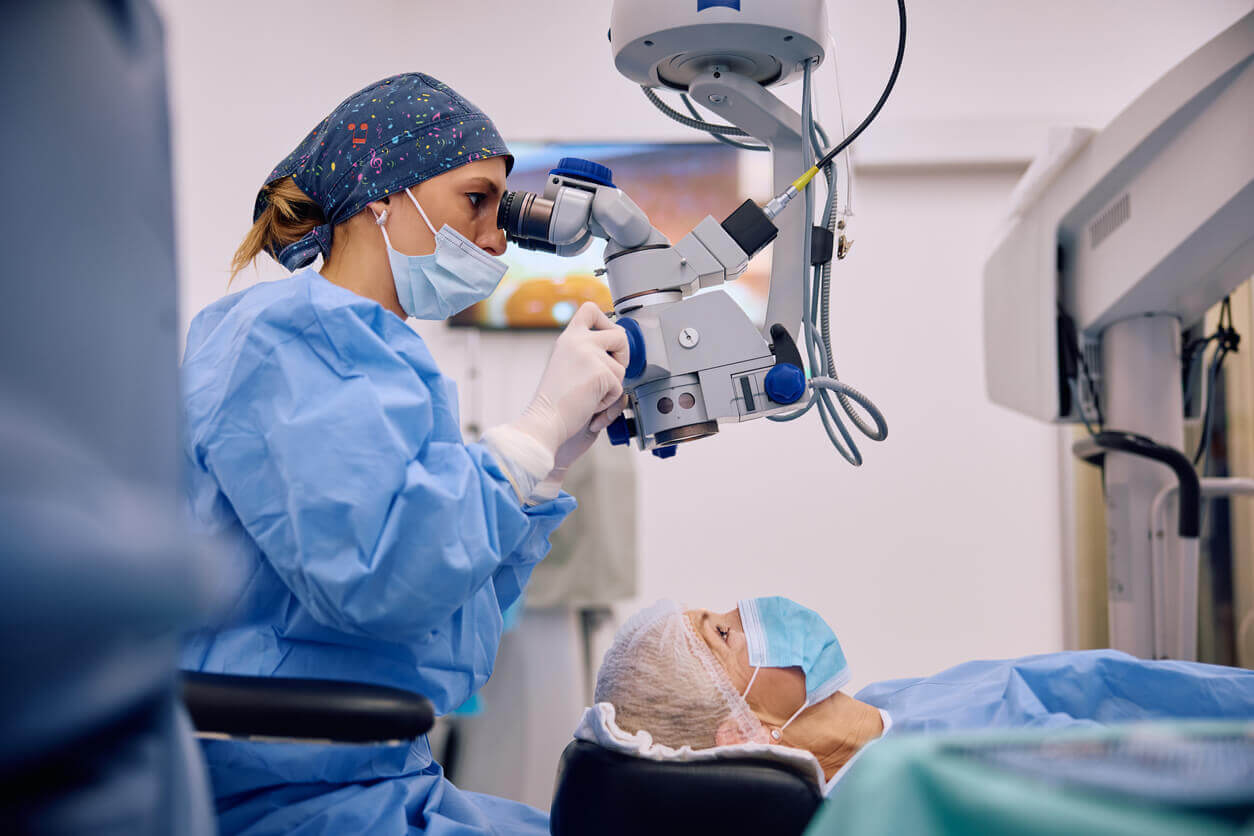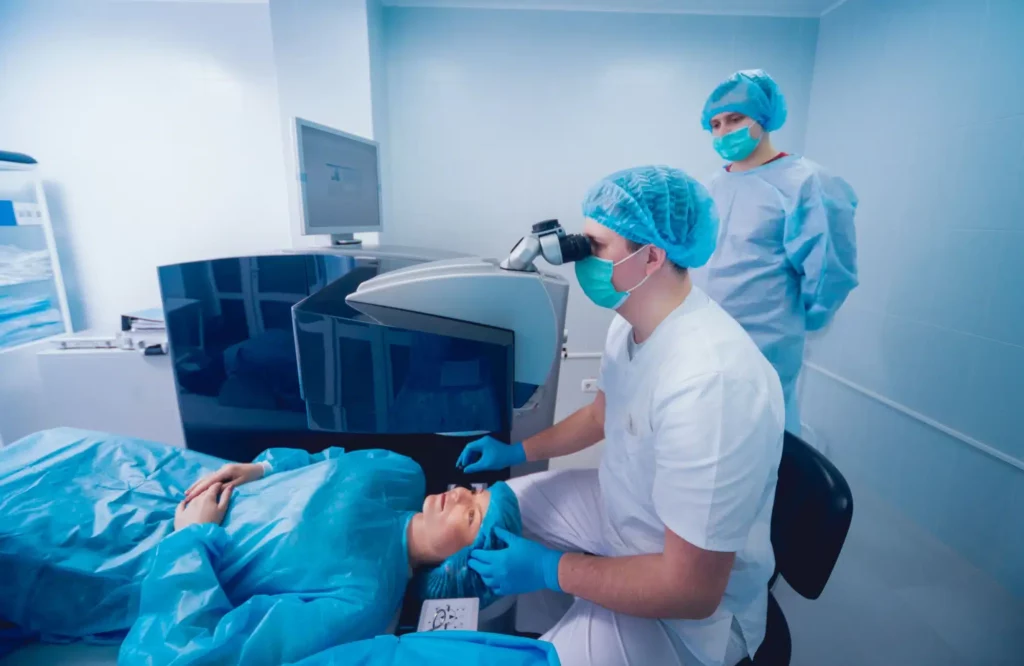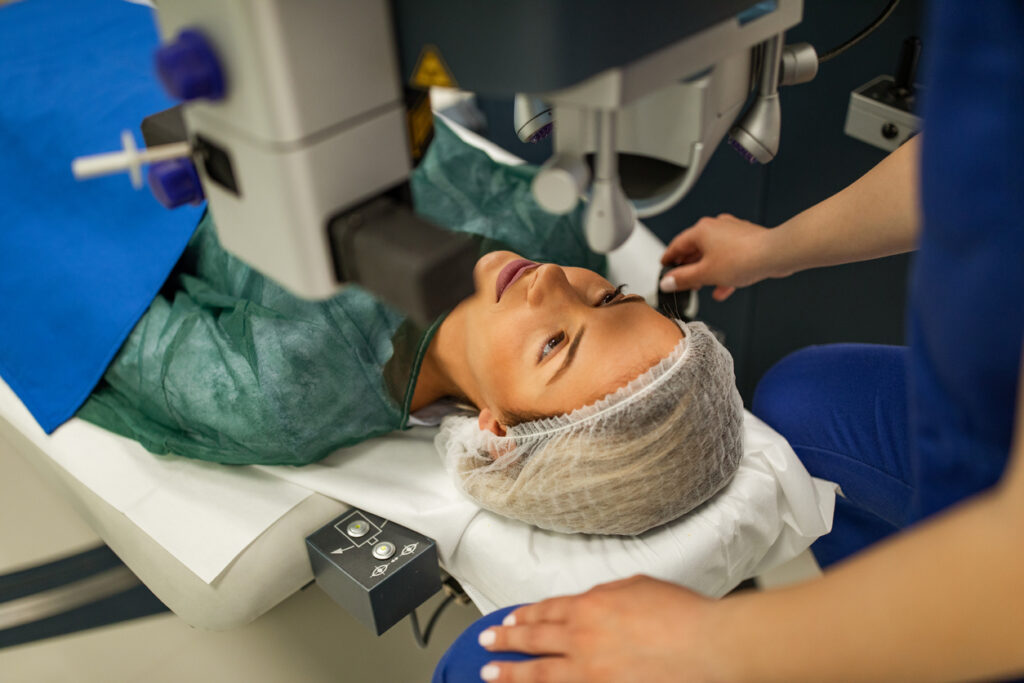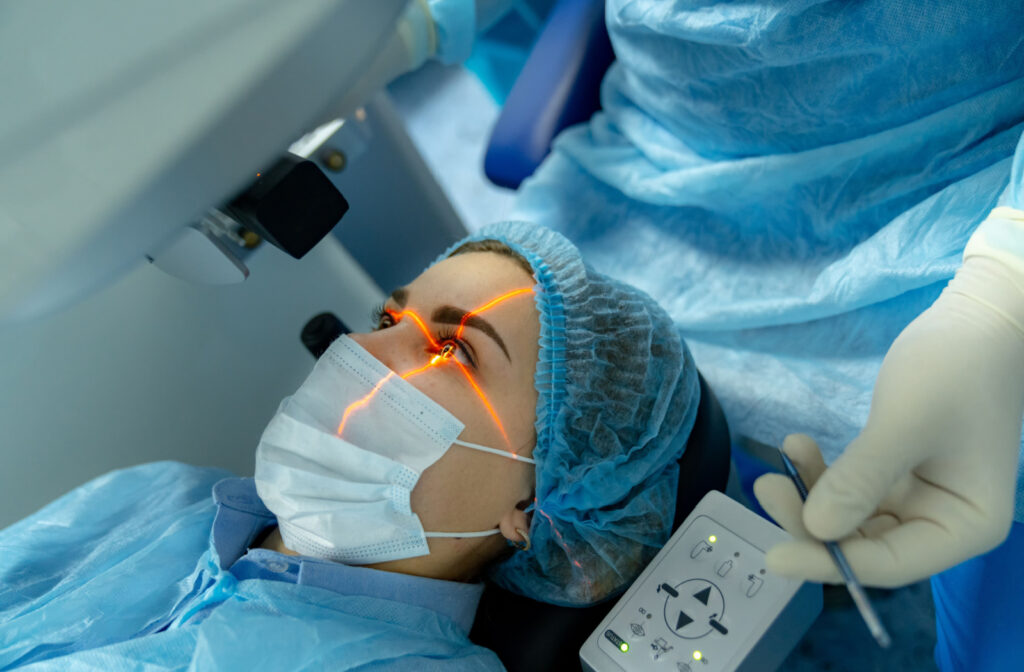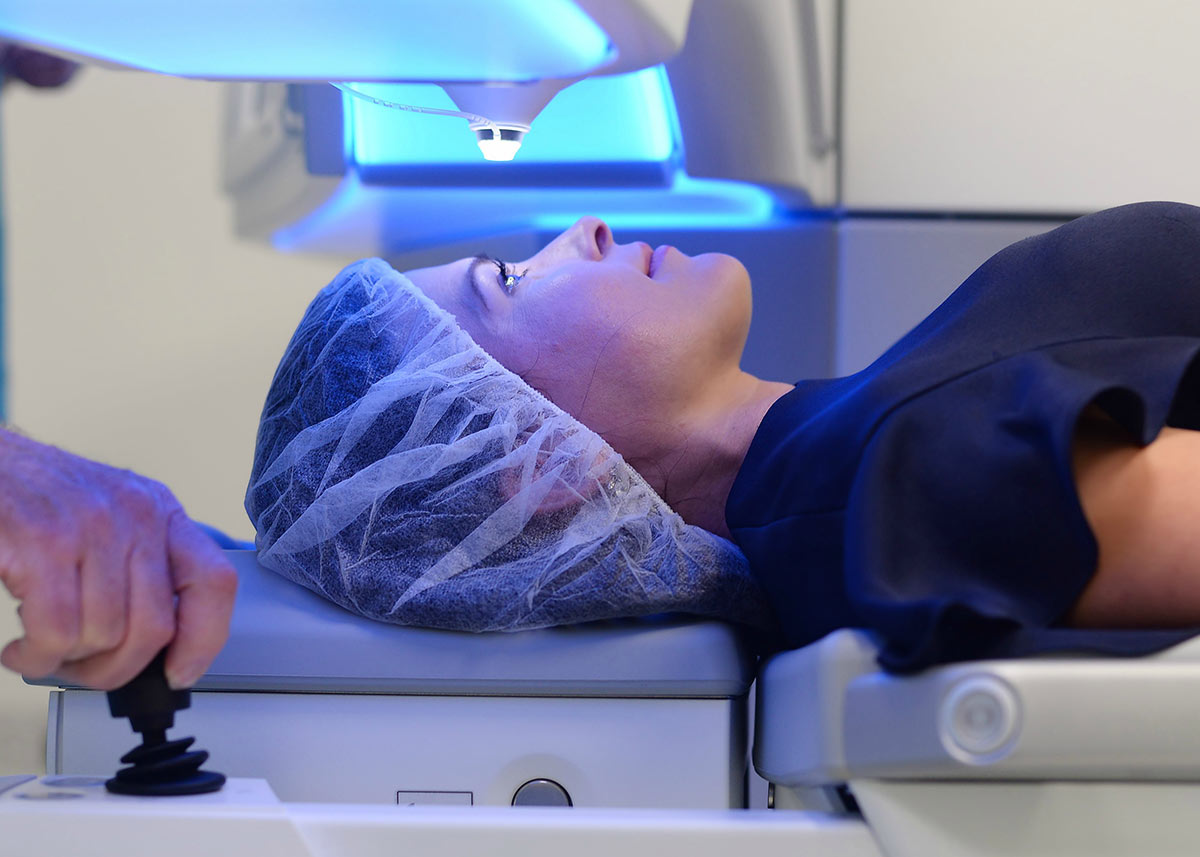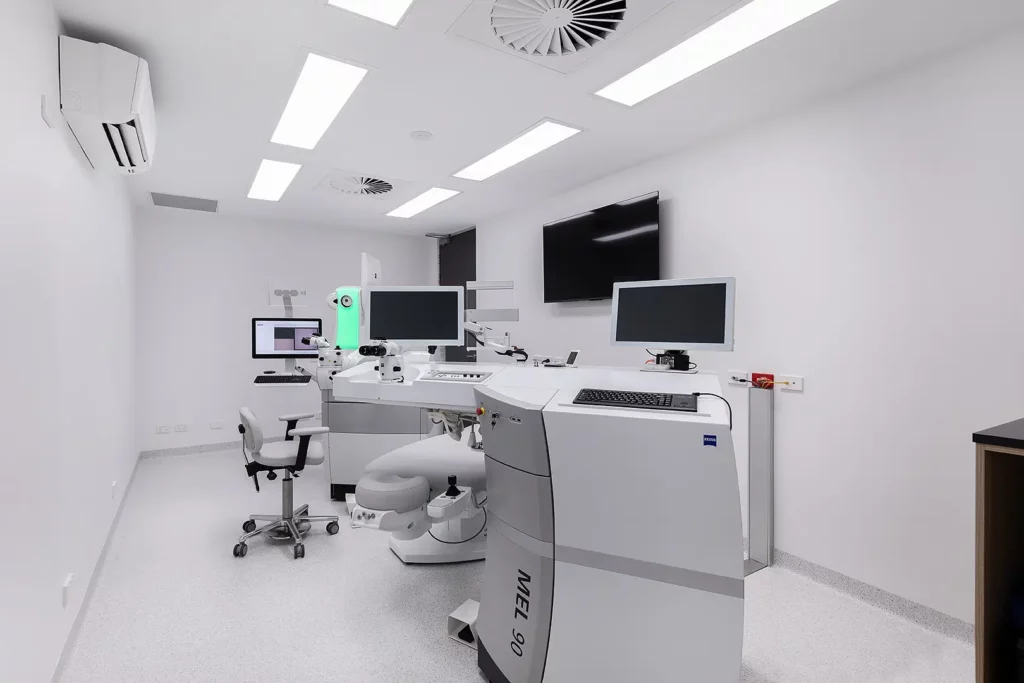There’s something powerful about waking up and seeing the world without reaching for your glasses. That first clear look across the room, the sharp outline of leaves outside your window, the simple act of reading the alarm clock without squinting—these little moments add up to something life-changing.
This is the everyday reality for millions who have chosen laser eye surgery, especially procedures like LASIK or PRK. It’s not just a cosmetic choice or a matter of convenience. For many, it’s a decision that reshapes how they live, work, play, and see themselves—literally and figuratively.
In this article, we’ll explore the transformation that happens after laser eye surgery, from emotional freedom to lifestyle upgrades, and why it’s about much more than ditching your specs.
Why It’s More Than Just Convenience
Freedom from glasses and contacts
Glasses can be stylish, sure—but they’re also a constant companion. They fog up in the rain, slip during workouts, and limit your choice of sunglasses. Contact lenses can dry out, irritate, and require strict hygiene. Laser eye surgery offers the kind of freedom that’s easy to underestimate until you experience it.
Suddenly, you’re running on the beach without worrying about salty spray in your eyes. You’re diving into a pool without losing a lens. You’re packing for a trip without cases, solution, and spares.
Confidence and lifestyle upgrades
Many patients report a confidence boost after surgery. Whether it’s taking selfies without glare or applying makeup without magnifying mirrors, the small wins feel big. Sports become easier. Dressing up feels simpler. Even something as ordinary as a rainy day becomes more enjoyable when you’re not pushing wet glasses up your nose.
Long-term savings
While laser eye surgery has an upfront cost, it can be financially smart in the long run. Think of how much you spend annually on glasses, contacts, solutions, prescription sunglasses, and eye exams. Over 10 to 20 years, that number adds up—often exceeding the one-time cost of surgery.
See more: Preparing for LASIK Eye Surgery: Tips for a Smooth Procedure
Life Improvements After Surgery
The morning moment
Ask anyone who’s had it done: The first morning after laser eye surgery is unforgettable. You open your eyes and—no blur. No reaching. You see your bedroom, your ceiling fan, the sunlight through the blinds. For people who’ve needed glasses since childhood, it feels like a superpower.
Everyday ease
- Work: No need to pause and clean smudged lenses.
- Exercise: Running, yoga, or contact sports without limitations.
- Parenting: No more glasses yanked off your face by toddlers.
It’s like removing a layer of friction from your day. You may not realize how often your vision setup interrupts your flow—until it doesn’t anymore.
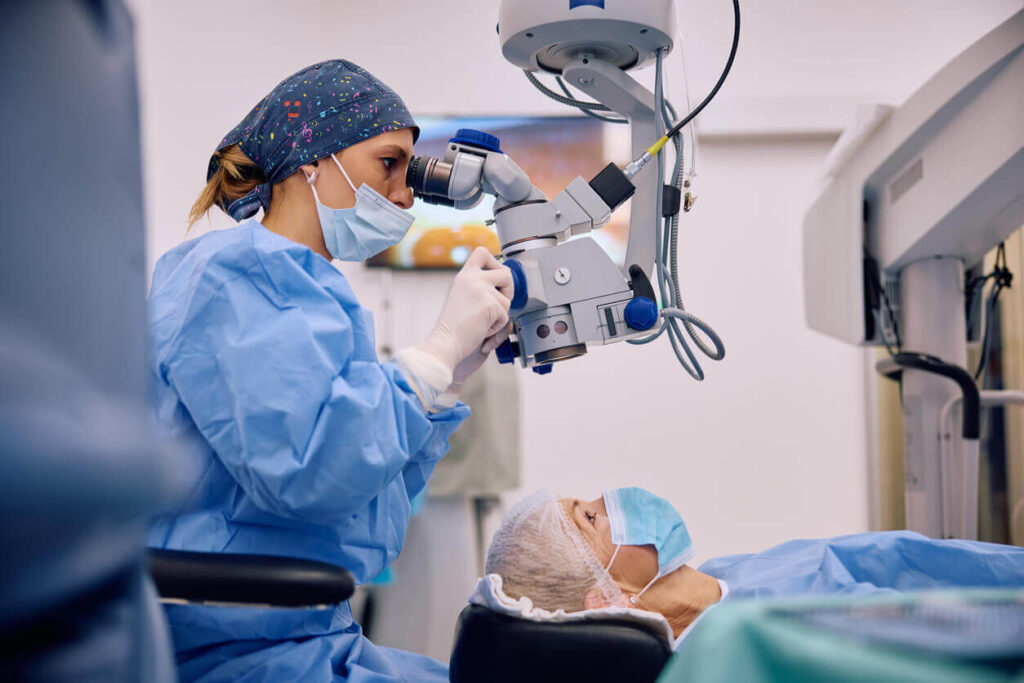
Psychological benefits
Clear vision without assistance can be deeply emotional. Some people describe it as a burden lifted—a sense of independence they didn’t know they were missing. For those who felt self-conscious in glasses or struggled with contact discomfort, the relief is both mental and physical.
Understanding the Technology & Safety
How laser eye surgery works (in plain English)
The goal of laser eye surgery is to reshape your cornea—the clear, dome-like surface at the front of your eye—so that light focuses properly on the retina.
In nearsightedness, light focuses in front of the retina. In farsightedness, it focuses behind. Astigmatism causes scattered focus. Laser surgery adjusts the curvature of the cornea to correct this.
In LASIK, a flap is gently lifted, the laser reshapes the inner layer, and the flap is placed back. In PRK, the surface layer is removed and regrows as the eye heals. Both use precise, computer-guided lasers that track even tiny eye movements in real time.
Is it safe?
When performed by experienced professionals and for the right candidates, laser eye surgery has a strong safety record. Millions of procedures are done each year with high satisfaction rates. Technology has improved dramatically, offering greater accuracy and faster recovery.
That said, it’s still surgery—so careful screening and post-op care are essential.
When It Makes Sense to Consider Surgery
Common vision issues treated
- Nearsightedness (myopia): Trouble seeing faraway objects
- Farsightedness (hyperopia): Trouble seeing up close
- Astigmatism: Blurry vision due to irregular eye shape
Most people in their 20s to 40s are prime candidates, especially once their prescription has stabilized for at least a year.
The best time to act
Laser eye surgery is often ideal for people:
- With stable prescriptions
- Who live active lifestyles
- Who are tired of managing glasses or contacts
- Who want a long-term solution, not daily maintenance
If you’re nearing your 40s or beyond, it’s still possible—you might just need to consider future changes like age-related reading vision (presbyopia). Your doctor will help you weigh the pros and cons.
Risks and Considerations
What could go wrong?
Like any surgery, laser eye procedures have risks. Common (but usually short-term) side effects include:
- Dry eyes
- Glare or halos at night
- Temporary blurriness
In rare cases, complications like infection, over- or under-correction, or prolonged dryness may occur. The good news? These are uncommon with proper care and a qualified surgeon.
The importance of consultation
Not everyone is a perfect candidate. Your corneal thickness, eye health, lifestyle, and medical history all matter. That’s why a thorough consultation—including eye mapping and diagnostic tests—is the first step.
Conclusion: A Clearer View of the Future
Laser eye surgery isn’t about vanity. It’s about living fully—without barriers between you and the world around you. Whether you want to read a book by the pool, drive without squinting, or simply experience life without daily visual hassles, this procedure can be a powerful change.
It’s an investment in your vision, your time, and your well-being.
If you’ve been on the fence, now is the time to explore your options. Ask questions. Schedule a consultation. Understand the process. You might discover that the clearest view of your future begins with seeing the present—clearly and confidently—through your own eyes.
Because sometimes, saying goodbye to glasses means saying hello to a whole new life.


